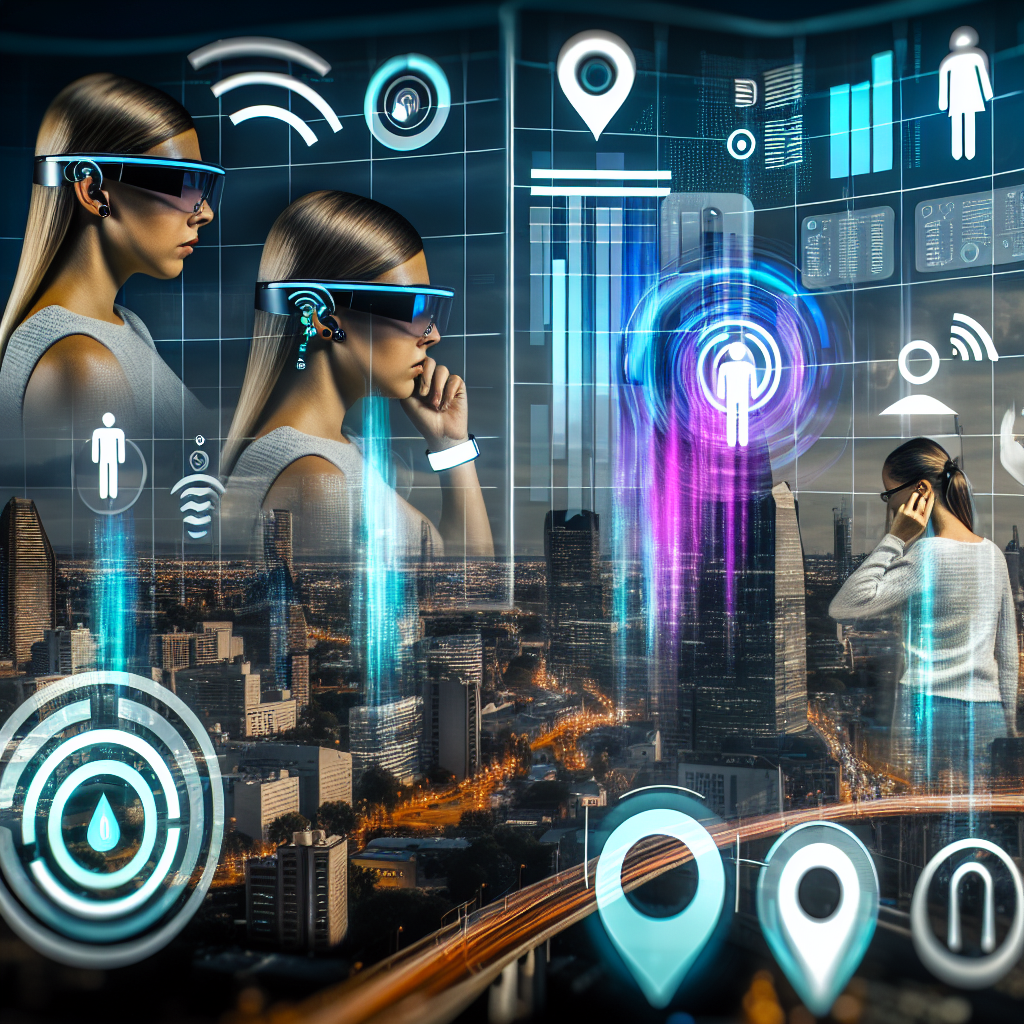
Opinion by: Evin McMullen, co-founder and CEO of Billions Network and co-founder of Privado ID
Population monitoring has progressed over time. Initially, it involved human observation; now, it predominantly relies on data collection. By 2025, wearable technology will represent a new era of extensive public surveillance.
This shift is not necessarily dystopian or comfortable — it marks a new paradigm in our interaction with one another and our data. As we transition into this enhanced surveillance era, it is crucial to redefine our expectations around privacy. We must take the opportunity to shape this emerging norm before technology transitions us from active participants to passive subjects.
The answer lies in cryptography.
Surveillance through the ages
For most of history, surveillance depended on human observation. Police and detectives were the primary sources of public data, a necessity that citizens accepted for their safety.
As technology advanced, so did surveillance methods like satellite imagery and online monitoring, leading to increased societal discomfort. CCTV sparked significant concern among civil liberties advocates, who feared a “Big Brother” society. Over time, society accepted these measures as necessary to counteract harmful actors.
We are now on the brink of a new surveillance age, propelled by wearables, decentralized networks, and AI’s pervasive influence. This “infinite panopticon” era will be characterized by the omnipresence of technology and an increased acceptance of surveillance.
Remember Google Glass? That 2013 innovation from Google is now outdated, but it made the concept of technology as an extension of the self more familiar.
By 2025, augmented reality (AR) devices will be more prevalent and advanced. Beyond smartphones, we will have smartwatches, smart cars, televisions, “personal assistants,” doorbells, and more — all continuously collecting our data. This trend is expected to amplify, with advanced AI embedded in new products.
Related: Everyone laughed at these 10 gadgets. Now, they’re in every home
Consider Meta’s Ray-Ban Smart Glasses, which enable users to make calls, send texts, and control various functions. Apple is set to release its own smart glasses in 2026, promising “multimodal AI,” Siri integration, and environmental analysis capabilities.
This mirrors Big Tech’s decades-old proposition: we offer you the future in exchange for more personal data.
The key distinction with wearables? They capture not only search data but also aspects like your conversational tone and emotions — the intimate details that define us.
Nonetheless, as seen with CCTV and social media tracking, many will likely accept this as the next evolution of service delivery. While debates will persist, the advantages will likely lead to widespread acceptance of these practices.
Fortunately, technologies exist that can lessen invasiveness while enhancing benefits.
Increasingly perfect technology
The explosion of technological monitoring has sparked numerous legal and ethical discussions about privacy in the digital age. Revelations such as Edward Snowden’s expose of NSA surveillance and the Cambridge Analytica incident serve as constant reminders of our data’s value. Despite these issues, most users will likely continue to embrace digital monitoring for its advantages.
This highlights the increasing demand for a new model of privacy engagement, enabling users to actively participate in deciding what data they share and how it is utilized. The shift empowers individuals, granting them greater control over their digital footprint.
This shift is made feasible by a form of cryptography known as zero-knowledge (ZK) proofs. ZK-proofs allow data to be validated and analyzed without disclosing its content. This mechanism is crucial for ensuring that broader data collection can be both equitable and secure for the public. Just because an automated system verifies a user’s age or address does not mean any human needs access to that information.
This evolving perspective on privacy could redefine societal views moving forward. While no one advocates for the complete eradication of personal privacy, the combination of cryptography and controlled access can create a buffer between individual data and the broader world.
The reality is that the advantages of modern technologies are achievable only through data collection. For users who desire these benefits, some level of monitoring is inevitable. The infrastructure and devices designed for surveillance will ultimately define daily norms.
Thankfully, cryptography presents a pathway for everyone to benefit from a world where intelligent surveillance becomes part of our everyday lives. However, it will demand a redefined perspective on privacy.
Opinion by: Evin McMullen, co-founder and CEO of Billions Network and co-founder of Privado ID.
This article is for general information purposes and is not intended to be and should not be taken as legal or investment advice. The views, thoughts, and opinions expressed here are the author’s alone and do not necessarily reflect or represent the views and opinions of Cointelegraph.

